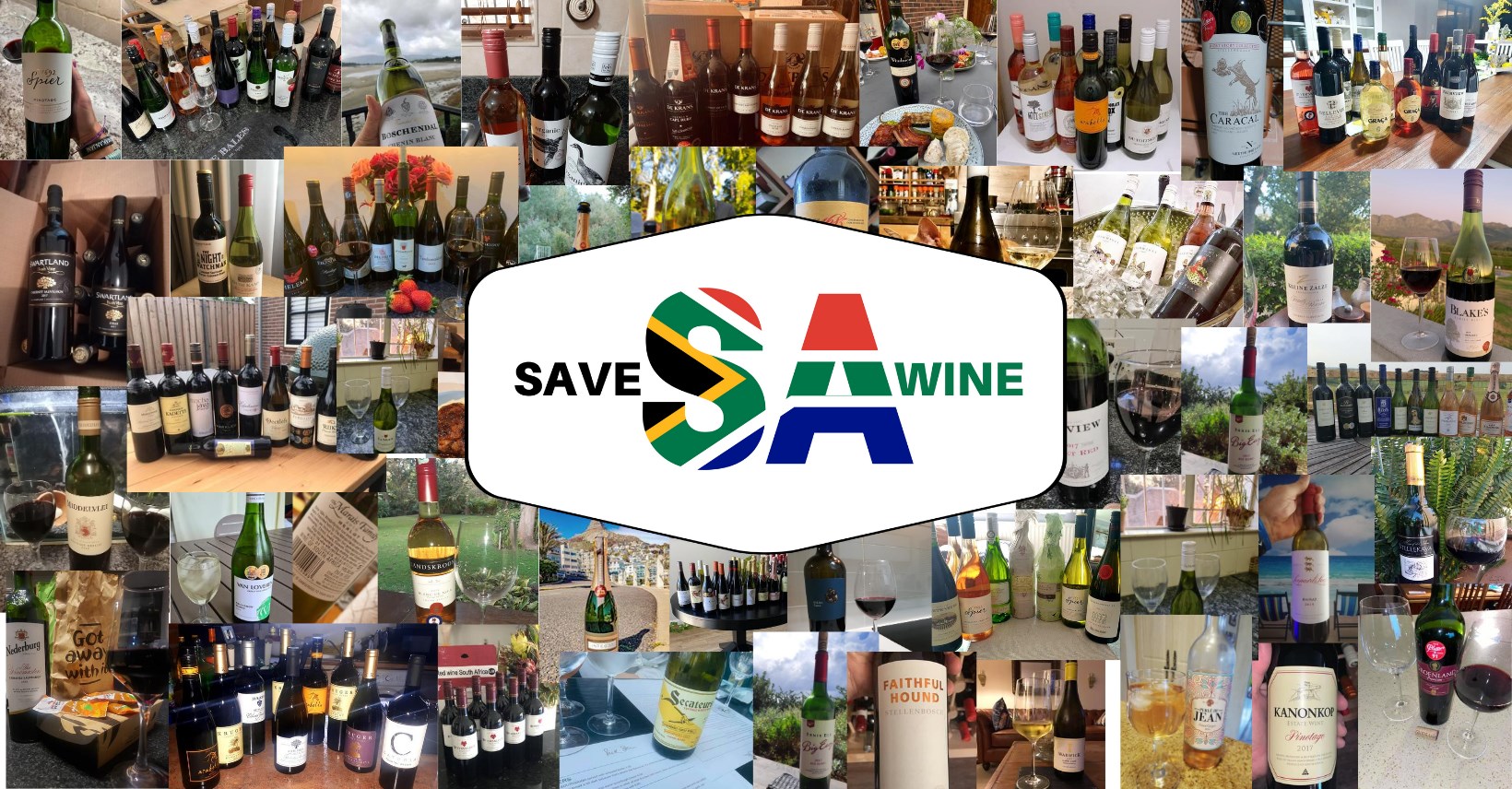With strict new restrictions on restaurants and wine as well as suspected cases of Coronavirus from tourists, most wine estates in the Cape have decided to close their restaurants and tasting rooms to visitors.
This is a serious blow to an industry already under pressure and one which is highly dependent on tourism.
Clos Malverne turns to online sales
Estates have no choice other than to turn to online sales and Clos Malverne is no exception.
Award Winning Wines
Shrouded in the misty veils of the Devon Valley, lies the 27 hectares that is Clos Malverne’s premises. The Devon Valley microclimate is the key to the quality of the grapes grown in this serene environment. Although the valley is shallow it acts as a natural receptacle for the mists that linger around Stellenbosch in the early morning hours of summer. The valley is cooler than surrounding areas, significantly lengthening the ripening season, resulting in grapes of ideal ripeness.
The vineyards reside on the gentle slopes of the valley to ensure the most favourable exposure to sunshine. Clos Malverne’s vineyards are located on two separate properties in near vicinity of one another, each selected by degree of varietal affinity to the particular soil type. Dwars-in-die- Weg has 11 hectares under vine, Cabernet Sauvignon; Merlot; Shiraz and Sauvignon Blanc. All vines are drip irrigated using water from the farm dam. Clos Malverne’s 12 hectares of vineyards, which include plantings of Pinotage; Merlot; Cabernet Sauvignon and Shiraz also makes use of drip irrigation.
Clos Malverne practices a careful “handmade” style of winemaking, with minimum interference by the winemaking staff, resulting in elegant wines, which are expressive of their terroir. We are one of only a handful of wineries in the world that remain true to the traditional and time-honoured way of using a Basket Press. Basket pressing is one of the oldest methods of pressing grapes; the Ancient Greeks and Romans developed it, later perfected by the French, Basket presses were one of the earliest styles of a mechanical press, and using a basket press means that it is extremely time consuming the results are soft, elegant wines of great complexity.
Open fermenting cement “kuipe” are also used and their grape-skin caps are punched-down by hand. The cellar can effectively manage the crush and vinification of up to 400 tons of grapes, although the yields from the vineyards are presently producing at 350 tons per annum. Small French and American oak casks are used to mature the premium red wines.
During the 90’s Clos Malverne made significant inroads into the wine business, increased its vineyard plantations, which included Pinotage for the first time. Other red varietals, including Merlot and Shiraz, were also planted on selected sites with specific soil compositions to ensure the growth of premium grapes.
In 1995 Clos Malverne was one of the very first wineries to produce a classic Cape Blend (a red wine consisting of at least 30% Pinotage, but not more than 70%). The wine was such a success that the flagship wine, called the Clos Malverne Auret, was changed from a Cabernet Sauvignon / Merlot Bordeaux style blend to a Cape Blend (Cabernet Sauvignon / Pinotage). The Auret 1998 vintage was the first Cape Blend ever to receive 5-star status in the prestigious Platter Wine Guide.
After receiving such high praise, the same wine went on to be the South African Red Wine Championin 2001; it was eventually awarded the Grand Prize as most outstanding wine (red or white) of that year.
Quality wines delivered to your doorstep
When you order from Clos Malverne there is no reason to put yourself at risk. You can pick up your favourite wine or have it delivered.
Check the Clos Malverne website regularly for online specials – or better still and not to miss out, sign up here to get all the best specials in the winelands.
How to order
Order online: Click here
Via telephone: – +27 21 865 2022
Via email: -info@closmalverne.co.za
So why wait? Order your favourite wine right now… and remember, LAUGHTER AND FUN HAS NOT BEEN CANCELLED!
Listen to EARTH CHATS Podcasts below






